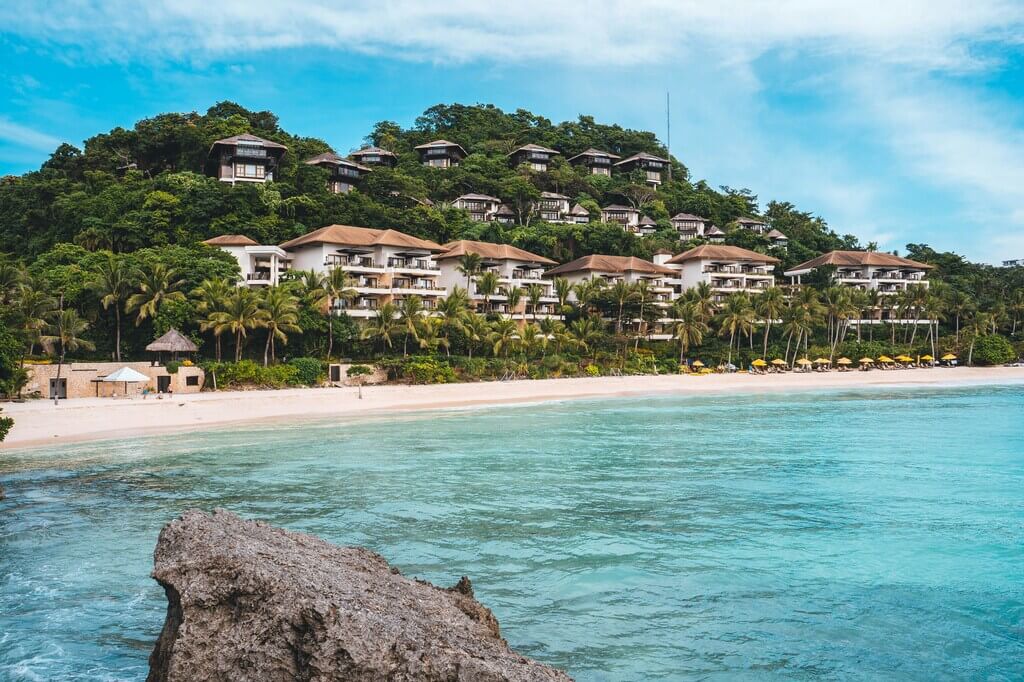Office and hospitality sectors drive growth
Cushman & Wakefield’s report highlights the importance of addressing regulatory shortcomings to improve the Philippines’ appeal for foreign investment, especially in emerging business process outsourcing hubs. The office sector holds promise, but it’s essential to enhance governance and policy to unlock its full potential.
In the hospitality industry, digitalization and experiential travel trends are anticipated to attract more tourists. The sector’s expansion is supported by the Philippines’ youthful and increasingly urban population, as well as inclusive economic growth. The report highlights that domestic tourism spending increased to ₱ 2670 billion ($46.7 billion) in 2023, while inbound tourism spending reached ₱ 697.46 billion ($12.2 billion), equivalent to pre-pandemic levels.
Optimism among hotel industry leaders
Philippine hotel owners and operators are very optimistic about the future of the industry. According to the Philippine Hotel Investment Outlook Survey, 89% of respondents are positive about the medium-term outlook for the hospitality sector. The industry anticipates favorable conditions, with a steady increase in tourist arrivals expected over the next five years.
During the Philippine Tourism and Hotel Investment Summit, industry leaders emphasized the growth potential fueled by the country’s diverse market opportunities, including beach resorts and urban lodges. They also underscored the importance of infrastructure development, citing major projects at Clark International Airport and Bohol-Panglao International Airport that are expected to improve accessibility.
Addressing the room gap with strategic plans
One of the primary challenges facing the Philippines is the requirement to construct 80,000 hotel rooms in order to be competitive in the region. The Tourism Infrastructure and Enterprise Zone Authority (TIEZA) is aware of this gap and is currently involved in the renovation of properties such as the Banaue Hotel. The upcoming Philippine Hotel Industry Strategic Action Plan seeks to tackle this challenge by expanding hotel infrastructure, improving competitiveness, supporting the opening of new hotels, and enhancing resilience against external shocks.
The plan will focus on developing both hard and soft infrastructure, including skill matching and digitalization. TIEZA is also seeking private sector partnerships to introduce innovative designs and concepts, ensuring that the Philippine hotel industry can meet growing demand and maintain high standards.
Implications for property buyers and owners
For foreign investors and property buyers, the Philippines presents a compelling opportunity. The positive economic outlook, combined with significant infrastructure improvements and a growing hospitality sector, makes it an attractive destination for real estate investment. The government’s proactive measures to address regulatory challenges and enhance investment conditions further bolster this appeal.
In the Philippines, property owners can anticipate a rise in demand and potentially increased property values as the country remains an attractive destination for tourists and investors. The ongoing development of new hotel rooms and infrastructure is expected to improve the overall real estate market, offering a stable and profitable environment for both domestic and foreign investors.
With these strategic initiatives, the Philippines is well-positioned to become a leading player in the global real estate market, offering diverse opportunities for growth and investment.







